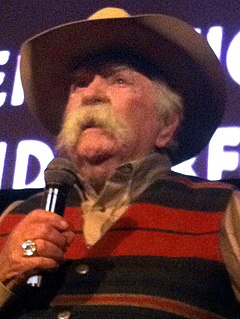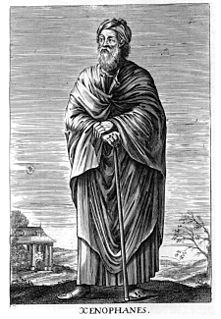A Quote by Ralph Waldo Emerson
Some men, at the approach of a dispute, neigh like horses.
Related Quotes
Some men at the approach of a dispute neigh like horses. Unless there be an argument, they think nothing is doing. Some talkers excel in the precision with which they formulate their thoughts, so that you get from them somewhat to remember; others lay criticism asleep by a charm. Especially women use words that are not words,--as steps in a dance are not steps,--but reproduce the genius of that they speak of; as the sound of some bells makes us think of the bell merely, whilst the church chimes in the distance bring the church and its serious memories before us.
He spoke of his campaigns in the deserts of Mexico and he told them of horses killed under him and he said that the souls of horses mirror the souls of men more closely than men suppose and that horses also love war. Men say they only learn this but he said that no creature can learn that which his heart has no shape to holo
I rejoice that horses and steers have to be broken before they can be made the slaves of men, and that men themselves have some wild oats still left to sow before they become submissive members of society. Undoubtedly, all men are not equally fit subjects for civilization; and because the majority, like dogs and sheep, are tame by inherited disposition, this is no reason why the others should have their natures broken that they may be reduced to the same level.





































